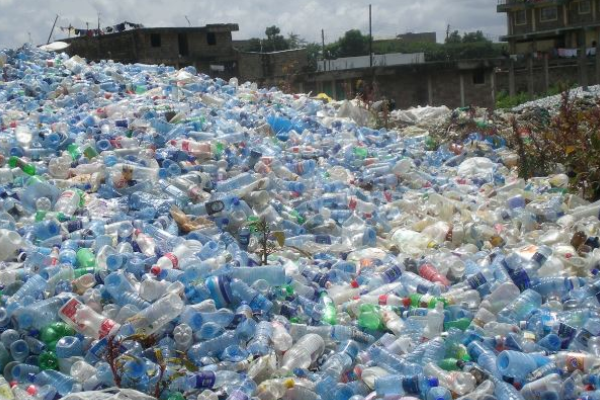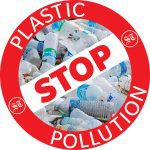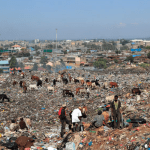Kenya’s Ministry of Environment and Forestry, in collaboration with the plastics industry, launched a new roadmap on Monday to re-energise national plastic waste recycling activities and accelerate the expansion of the circular economy.
The national plastic roadmap 2030 aims to eradicate single-use plastic packaging while also developing environmentally friendly alternatives to boost environmental health and employment creation through circularity.
Statistics from the Ministry of Environment and Forestry indicate that Kenya generates an estimated 22,000 metric tons of solid waste daily, of which, 20 percent is plastic.
In addition, daily plastic consumption is estimated at 0.03 kg per person while only 8 percent of plastic waste in the country is recycled, with the remainder finding its way into landfills or waterways.
Kenya joined other East African countries such as Rwanda in imposing a ban on single-use plastic in August 2017, and afterwards implemented a slew of policy and regulatory incentives to encourage the adoption of biodegradable alternatives.
According to Carole Kariuki, CEO of Kenya Private Sector Alliance (KEPSA), restricting plastic consumption should be linked with utilizing relevant technology and ideas to generate alternatives that are both economical and environmentally beneficial.
“Companies need to strategically integrate circularity in their value chains, to increase sustainable economic development and resilience,” said Kariuki.
She added that an enabling policy environment, knowledge sharing, public awareness and targeted investments are key to unlocking the growth of the circular economy in the country.














